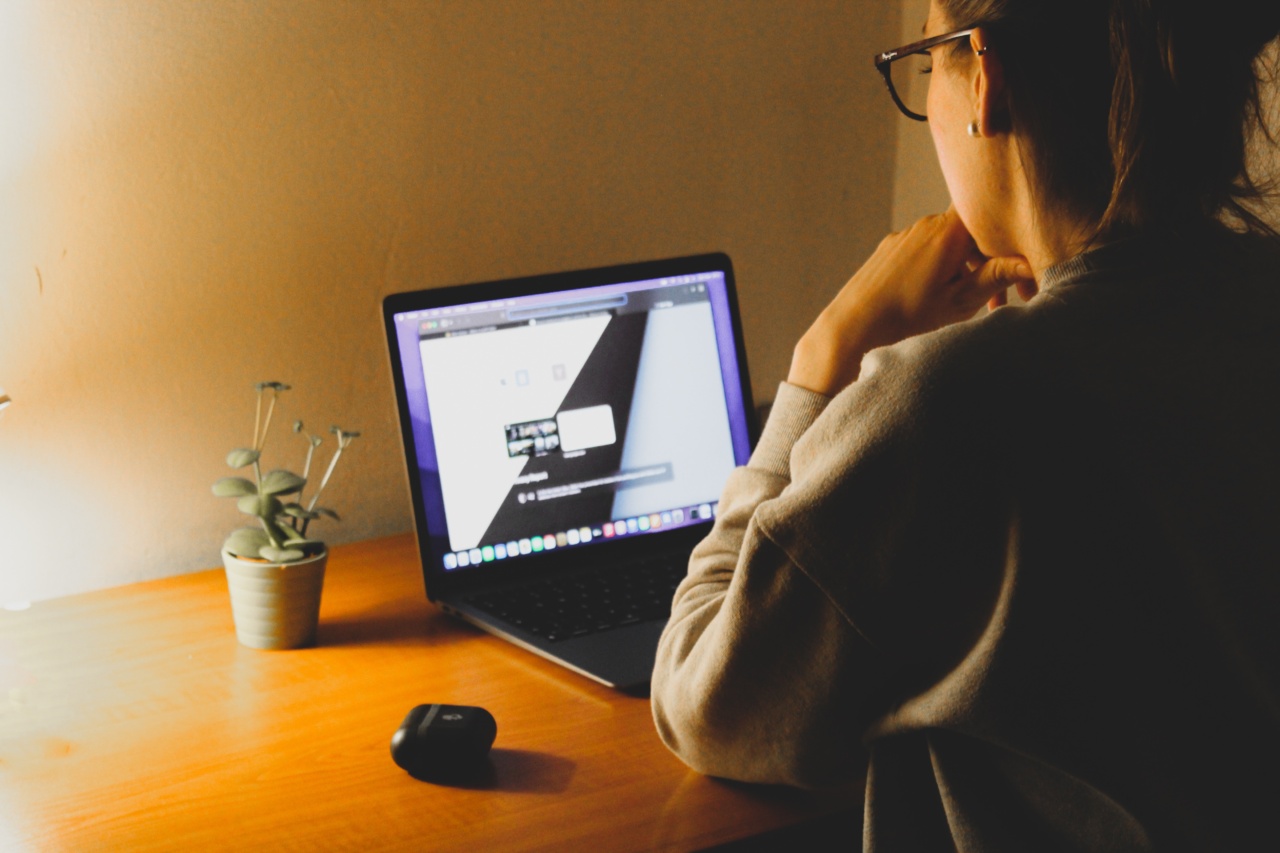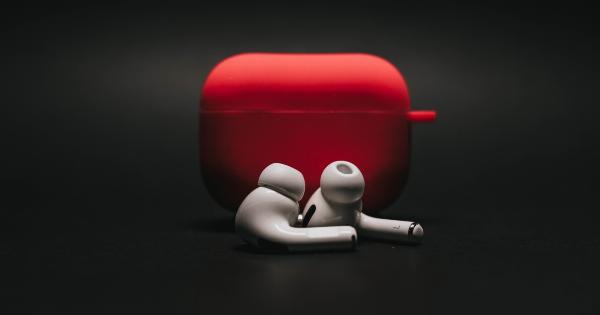Social media platforms have revolutionized the way we interact with each other. These platforms have made it easier for us to stay in touch with our loved ones, meet new people, and even network for our businesses.
With these platforms, we can easily post updates, photos, and videos, and like, comment, and share the content of others. However, with the increasing use of social media, many people find themselves constantly checking their profiles. In this article, we’ll explore the reasons behind this behavior and what you can do about it.
The Rewards of Social Media Usage
One reason why people are drawn to social media is its rewards. Social media platforms offer gratifying experiences through likes, comments, and shares. These rewards can create a snowball effect on our behavior.
When a user posts content that receives a large number of likes and positive comments, they get a sense of validation and satisfaction. Over time, users begin to associate social media use with positive feelings, which makes them want to log in more frequently and check for new notifications.
Another major reward of social media is the ability to stay connected with loved ones. With social media, you can easily keep up with the lives of your friends and family members, even if they live far away.
This is particularly important in this era of the pandemic as many people are unable to see their loved ones in person. Therefore, social media functions as a replacement for physical contact, providing emotional support and companionship.
The Fear of Missing Out (FOMO)
The fear of missing out (FOMO) is another major reason why people constantly check their social media profiles. FOMO is a feeling of anxiety that arises when we perceive that others are having fun without us.
In the context of social media, FOMO is triggered when we see posts of our friends or acquaintances doing things that we are not a part of, or when we notice other people receiving attention, such as likes and comments on their posts.
Furthermore, social media platforms are designed in a way that makes us constantly crave for more information. There’s always something new and exciting on social media, whether it’s a viral meme or a celebrity feud.
This endless stream of information makes us want to keep checking our profiles to see if there’s something interesting happening.
Insecurity and Self-Comparison
Another reason why social media users tend to check their profiles repeatedly is insecurity and self-comparison. Social media is full of posts showcasing the well-curated lives of others.
As we browse through the content, we may start to feel like our lives are not as exciting, adventurous, or glamorous as those of our friends and acquaintances online. This can lead to feelings of insecurity, low self-esteem, and self-doubt. In an attempt to alleviate these feelings, people may keep comparing their lives with others and checking their profiles for validation.
The Influence of Notifications
Notifications are designed to keep us coming back to social media platforms. When a user receives a notification, such as a like, comment, or share, their phone will vibrate or make a sound, prompting them to check their social media profiles.
This constant stream of notifications can be overwhelming and lead to compulsive checking. In some instances, social media users may even experience a feeling of anxiety if they are unable to check their profiles, leading to a compulsive behavior pattern.
The Solution
If you find yourself constantly checking your social media profiles to the point where it’s affecting your productivity, mental health, and well-being, it may be time to take a break.
Here are some steps you can take to regain control of your social media use:.
1. Set Limits on Your Social Media Use
One way to reduce your social media usage is to set limits. Try allocating specific times of the day to check your profiles, and stick to those times. This will help you regulate your behavior and prevent it from spiraling out of control.
You can also use social media blockers to limit your time spent on social media or remove the temptation entirely by deleting the apps from your phone.
2. Practice Mindfulness
Mindfulness involves being present in the moment and focused on what you are doing. Instead of aimlessly scrolling through your social media profiles, try to be present in the real world.
Engage in activities that bring you joy, such as reading, exercising, or meeting friends in person. By focusing on the present, you’ll be less likely to feel the urge to check your social media profiles for the latest news and updates.
3. Seek Social Support
Social support from friends and family can help alleviate feelings of insecurity and self-doubt that trigger compulsive social media behavior. Talk to your loved ones about your concerns and ask for their support.
You can also join social media groups focused on healthy social media use, where you can share your experiences and learn from others.
Conclusion
Social media is an incredibly powerful tool that has changed the way we interact with each other. However, like any other tool, it can have negative effects on our mental health and well-being if used excessively.
By understanding the reasons behind compulsive social media behavior, we can take steps to regain control and use social media in a healthy and responsible manner.





























